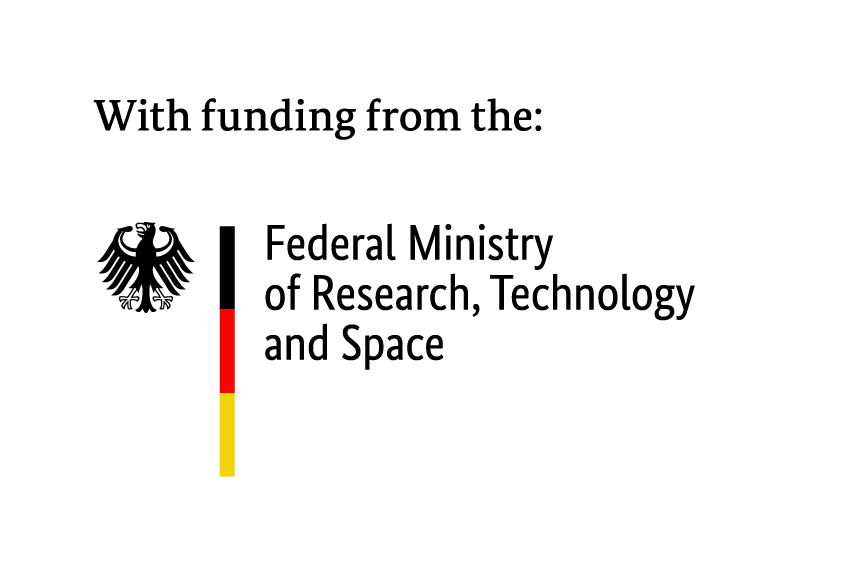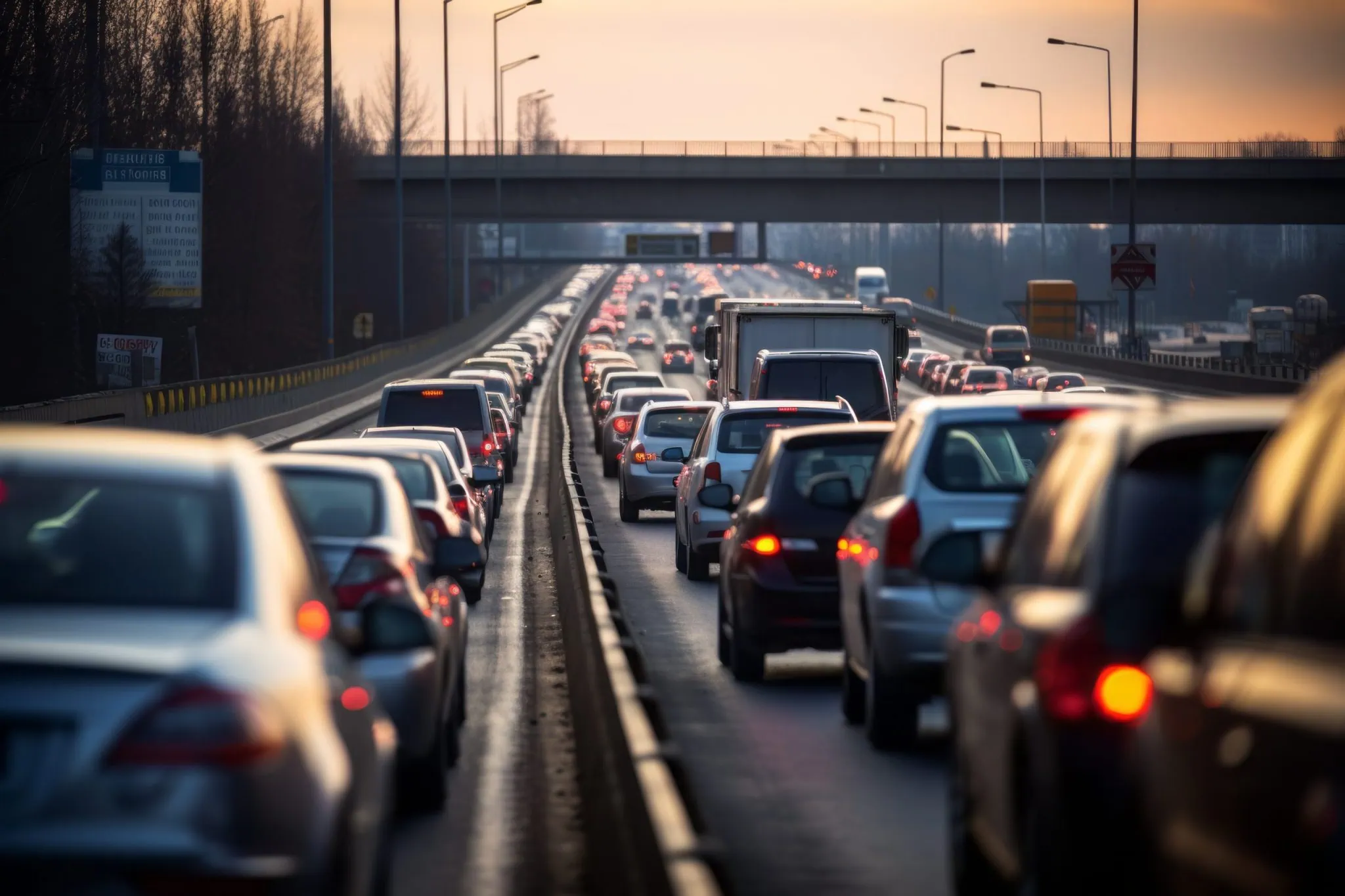Subsidies in the transport sector, such as the diesel or company car privilege, result in negative CO2 prices of between minus 70 and minus 690 euros per ton of CO2 and weaken the effectiveness of CO2 pricing as an important instrument of climate policy. This is shown by a new study of researchers from the Kopernikus project Ariadne, funded by the German Federal Ministry of Education and Research (BMBF). The Ariadne calculations emphasise that Germany’s current tax system in the transport sector is still dominated by the use of fossil fuels, making it more difficult to achieve the country’s climate targets.
“We are currently putting one foot on the throttle and the other on the brake when it comes to combating climate change in the transport sector. The carbon price is supposed to incentivise polluters to reduce emissions, but households that drive diesel, commute longer distances to work by private car or company car, or who use domestic flights are currently rewarded with subsidies. Our research shows how much they get for emitting each tonne of CO2,” explains Ariadne expert Patrick Plötz from the Fraunhofer Institute for Systems and Innovation Research (ISI).
Making price signals comparable: converting subsidy levels into negative CO2 prices
To highlight and categorise the significance of transport subsidies for German climate policy, Ariadne experts have compared them with the CO2 price – a key instrument of climate policy. The researchers looked at four subsidies with an influence on national CO2 emissions in the German transport sector: the diesel privilege (energy tax concession for diesel fuel), the commuting allowance, the company car privilege (flat-rate taxation of the non-cash benefit of privately used company cars) and the tax concession for aviation fuel (tax concession for energy products used in domestic air traffic).
“For the first time, we have translated four major transport sector subsidies into negative CO2 prices. The conversion allows for a comparison with the actual CO2 price for transport,” explains Ariadne expert Nicolas Koch from the Mercator Institute for Global Commons and Climate Change (MCC). The researchers’ calculations show that subsidies such as the diesel or company car privilege correspond to negative CO2 prices of between minus 70 euros and minus 690 euros per tonne of CO2 – and thus, in some cases, significantly overcompensate for the current CO2 price of 45 euros per tonne.
Converted into euros per litre of petrol, the subsidies correspond to cost savings of between 0.18 euros and 1.70 euros per litre. The level of subsidies in the transport sector is therefore significantly higher than the current CO2 price, of €45 per tonne of CO2 which adds around €0.11 per litre of petrol. “These contradictory price signals weaken the effectiveness of CO2 pricing, and thus undermine climate protection efforts. If the CO2 price is to be established as one of the leading instruments of climate policy, distorting subsidies in the transport sector must be reduced as far as possible, or restructured in a climate-friendly way,” said Koch.
High-income households benefit disproportionately from subsidies
The team of authors found that the distributional effects differ across the four subsidies analysed. “Wealthy households benefit more from the subsidies we analysed,” according to Ariadne expert Stefan Bach from the German Institute for Economic Research (DIW). “The effects of the diesel privilege are particularly noticeable in the middle- and higher-income groups, where a third of all households drive a diesel. The commuting allowance also relieves those on middle and higher incomes in particular.” The company car privilege mainly favours high-income households, as very few low- and medium-income employees have a company car. The research team estimated the relief effect of the tax concession for aviation fuel to be minimal.
Possible reform options include the gradual abolition of the diesel privilege, which could lead to a noticeable reduction in emissions in the short term. A reorganisation of the company car privilege based on the CO2 emissions of the vehicle could support the expansion of e-mobility. A reform of the commuting allowance should make climate-friendly mobility alternatives to the car more attractive.
Ariadne-Dossier
Patrick Plötz, Nicolas Koch, Stefan Bach, Peter Haan, Dorothea Kistinger, Niklas Illenseer (2024): Climate-damaging subsidies correspond to negative CO2 prices. Kopernikus project Ariadne, Potsdam.
Ariadne brief
Nicolas Koch, Patrick Plötz, Niklas Illenseer, Dorothea Kistinger, Katja Treichel-Grass (2024): Making price signals comparable – subsidies as negative CO2 prices – Ariadne brief. Kopernikus project Ariadne, Potsdam.


